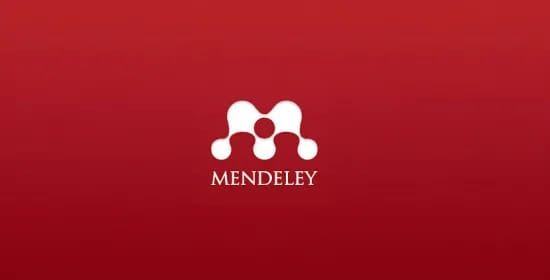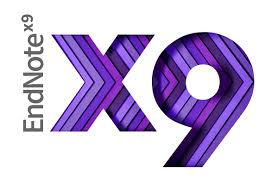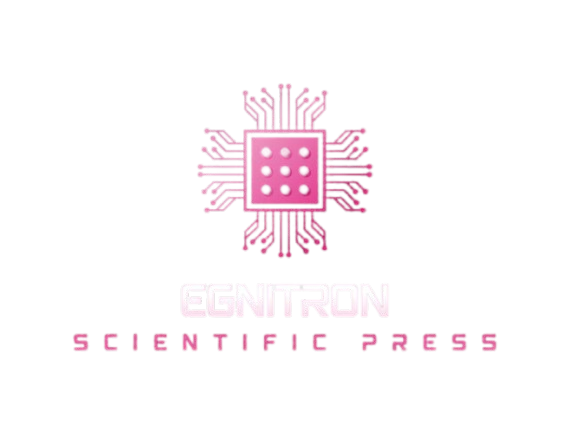Ethics and Policies
The International Journal of Digital Twin Systems and Computing (IJDTSC) is dedicated to upholding the highest standards of ethical publishing and academic integrity. All parties involved in the journal’s publication process including authors, editors, peer reviewers, and publishers are expected to adhere strictly to the ethical standards outlined below. These policies are aligned with best practices as defined by international bodies such as COPE, ICMJE, WAME, and OASPA.
Editorial Ethics
IJDTSC ensures that all editorial decisions are made with the utmost integrity, objectivity, and fairness.
- Fair Evaluation: Editors will evaluate submissions solely on the basis of scholarly merit, originality, relevance to the journal’s scope, and clarity, without regard to the authors’ race, gender, sexual orientation, religious belief, ethnic origin, citizenship, political philosophy, or institutional affiliation.
- Confidentiality: Manuscripts under review are treated as confidential documents. Editors and editorial staff will not disclose any information about a manuscript to anyone other than the corresponding author, reviewers, or other editorial advisors.
- Conflict of Interest: Editors must recuse themselves from handling manuscripts in which they have conflicts of interest arising from competitive, collaborative, or other relationships with the authors, companies, or institutions connected to the papers.
- Transparency: Editorial decisions, including desk rejections, are transparently communicated to the authors, with rationale provided where appropriate.
Author Responsibilities
Authors are responsible for maintaining the integrity of the scholarly record by adhering to the following principles:
- Originality and Plagiarism: Submissions must be original work not published elsewhere or under review at another journal. All manuscripts are screened using plagiarism detection tools (e.g., Turnitin, iThenticate). Overlap with previously published work must be appropriately cited and justified.
- Data Integrity: Authors must present their data and findings honestly and without manipulation. Fabrication, falsification, or inappropriate data handling constitutes serious misconduct and will lead to rejection or retraction.
- Third-Party Content: Proper attribution and necessary permissions must be obtained for all figures, datasets, or code from external sources.
- Multiple Submissions: Manuscripts must not be submitted concurrently to other journals. IJDTSC will reject any manuscript under simultaneous consideration elsewhere.
- Authorship Criteria: All authors must have made substantial contributions to the research, writing, and/or revision of the manuscript and must approve the final version. Guest, ghost, or honorary authorship is strictly prohibited.
- Acknowledgment of Support: All sources of financial or institutional support must be disclosed, including any conflicts of interest.
Research Ethics
All research involving human or animal subjects must be conducted in accordance with internationally accepted ethical guidelines.
- Human Subjects: Manuscripts reporting studies involving human participants must confirm that informed consent was obtained and that the study was approved by a relevant ethics review board or institutional review committee. Identifiable personal data must be anonymized.
- Animal Welfare: Research involving animals must follow recognized guidelines for ethical treatment and must be approved by an institutional animal care and use committee.
- Ethical Approval: A statement of ethical approval and adherence to ethical standards must be included in the manuscript when applicable.
Peer Review Ethics
IJDTSC employs a double-blind peer review system to ensure unbiased and objective evaluations.
- Reviewer Conduct:
- Maintain strict confidentiality throughout the review process.
- Avoid using any information from the manuscript for personal or professional advantage.
- Provide constructive, respectful, and timely feedback.
- Disclose any potential conflicts of interest that may affect impartiality.
- Editorial Oversight: Editors are responsible for monitoring reviewer performance and taking action in response to any allegations of reviewer bias, misconduct, or unethical behavior.
Misconduct and Retractions
IJDTSC has a zero-tolerance policy for publication misconduct. Allegations are investigated in accordance with COPE guidelines.
Forms of misconduct include but are not limited to:
- Plagiarism (including self-plagiarism)
- Data fabrication or falsification
- Citation manipulation (including excessive self-citation or coercive citation practices)
- Authorship disputes
- Breaches of confidentiality
- Unethical research involving humans or animals
Corrective actions may involve:
- Retraction or correction of published articles
- Notification of the authors’ institutions
- Banning of individuals from future submissions or peer review
- Reporting to COPE or other oversight bodies
Copyright and Licensing
IJDTSC supports open access to scholarly work and adopts Creative Commons licensing to facilitate broad dissemination.
- Author Rights: Authors retain copyright of their published work.
- License: Articles are published under a Creative Commons license (e.g., CC BY, CC BY-NC), allowing users to read, download, copy, distribute, and use the material with proper attribution.
- Publishing Agreement: By submitting to IJDTSC, authors grant the journal the non-exclusive right to publish and archive their work.
Open Access and Archiving Policy
As an open-access journal, IJDTSC ensures free and permanent online access to all its content.
- Accessibility: All published articles are freely available to readers worldwide without subscription or paywalls.
- Archiving: Articles are archived in trusted digital repositories and indexing databases to guarantee long-term preservation and accessibility (e.g., LOCKSS, CLOCKSS, institutional repositories).
Complaints and Appeals
IJDTSC takes all concerns seriously and handles them in a structured, transparent, and timely manner.
- Appeals: Authors may appeal editorial decisions by submitting a written request with detailed justification to the editorial office. Appeals will be reviewed independently by a senior editor or advisory board.
- Complaints: Stakeholders may report suspected ethical violations or procedural concerns. All complaints are investigated in accordance with COPE procedures, and outcomes are communicated clearly to the complainant.
Compliance with Ethical Standards
IJDTSC adheres to the ethical guidelines and codes of conduct developed by international publishing and editorial organizations, including:
- COPE – Committee on Publication Ethics
- ICMJE – International Committee of Medical Journal Editors
- WAME – World Association of Medical Editors
OASPA – Open Access Scholarly Publishers Association













